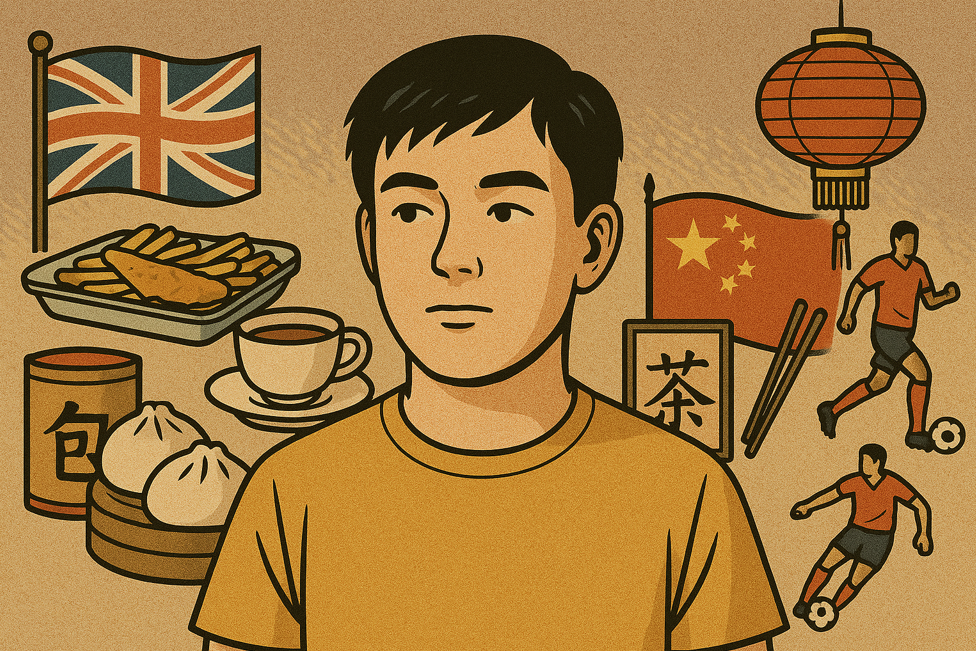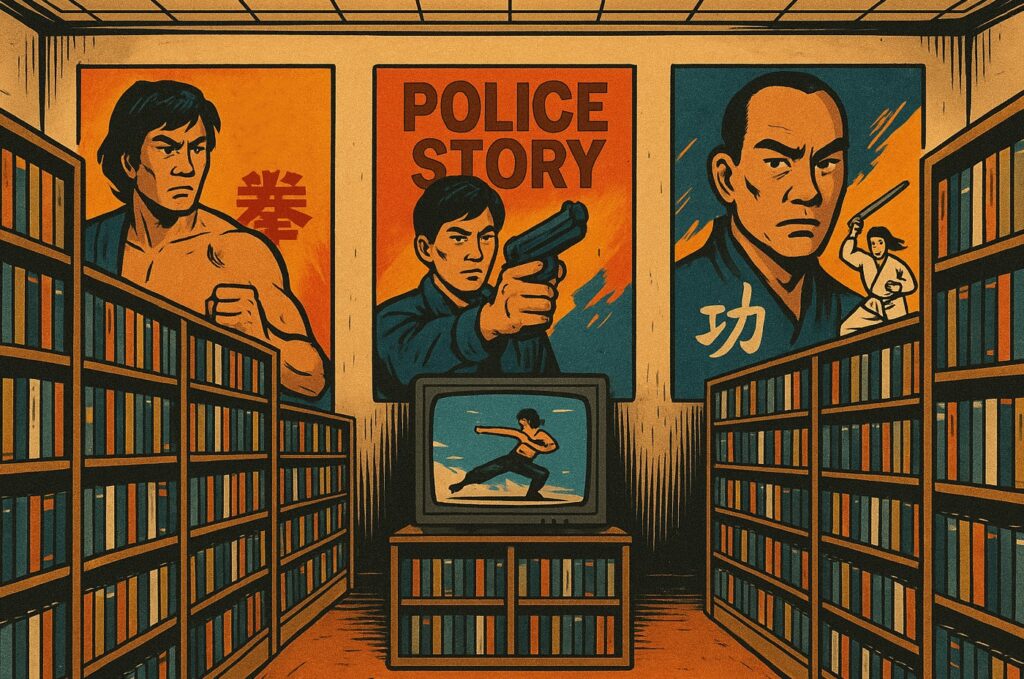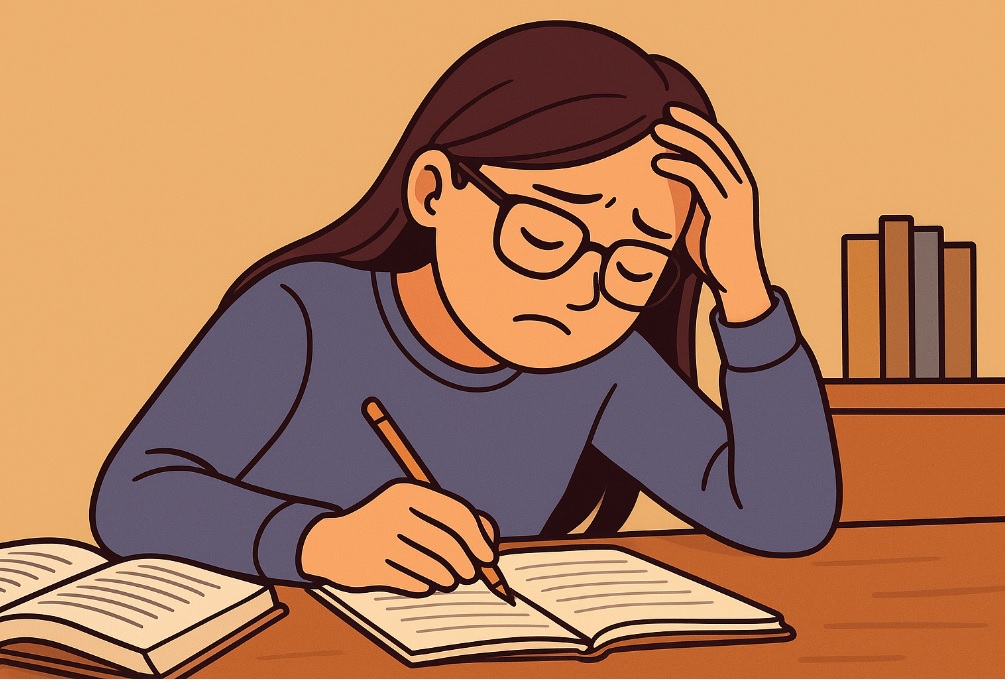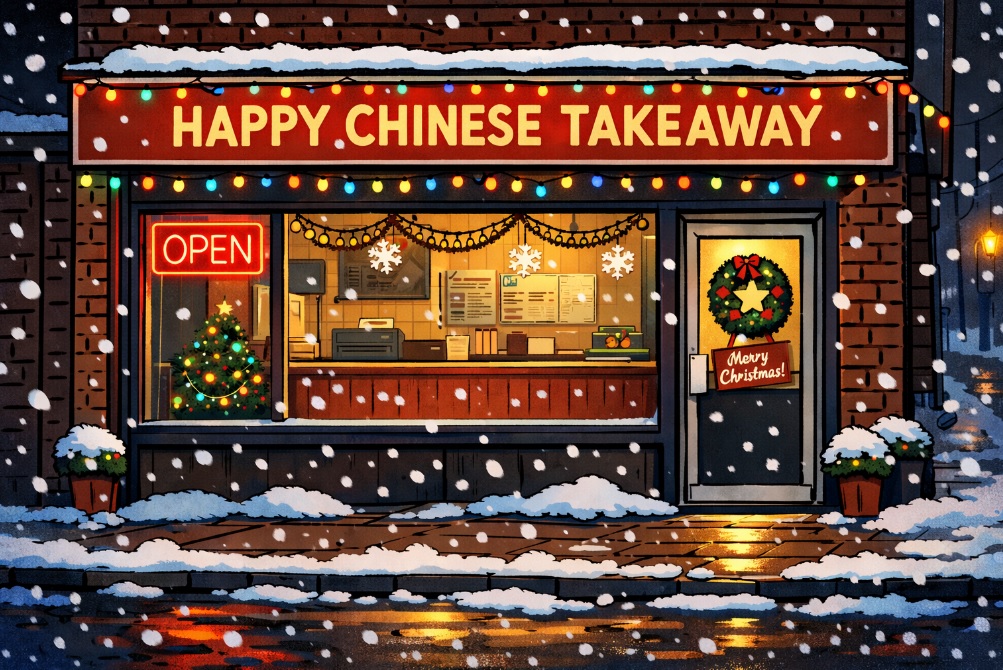
Growing Up Dual Culture As British Chinese Kid in Britain
I remember sitting in front of the television with the jingle of Noel’s House Party playing against the clanging sound of woks coming from the takeaway kitchen. This is one of the vivid scenes that formed my childhood memory whilst growing up in a Chinese family in the 90s UK and I’m sure this has been familiar with many British Chinese kids. My childhood felt pretty normal; there were fond memories and some not so. But in retrospect I came to realise that growing up experiencing two different cultures is what shaped my unique identity. The cultures from where our parents were from to the dominant culture that we are living in. However the blend of two cultural values are not always seamless and often clash with each other
Only Chinese Kid in School
Life at school was just pretty ordinary despite being the only Chinese kid for most of the time, besides my younger sisters. Bullying wasn’t really a big issue particularly in primary school and I get along with kids of all backgrounds. Naturally you wanted to blend in with everyone. Scanning the room playground trying to learn what the latest TV show everyone was watching, the latest pop music hits and sharing snacks my English mates would bring to school. Subconsciously downplay my ethnic culture by being more British to feel accepted by everyone.
However there were times where I was reminded that I am not the same as everyone. Some kids would pull their eyes back at you or ask if I knew kung fu, though sometimes I just brushed it off as a joke. I was too young to understand the meaning of racism but still I felt the sense of discomfort and hostility being thrown at me. Sure, it’s disheartening when you want to fit in by trying to hide any traces of difference and yet you’re still constantly reminded that I’m always the other.
Home: the Dual Identity
Home is like a cultural sanctuary where I live by a different identity. The first thing as you enter the house, shoes come off and slippers on. It felt like a cut off from the rest of the world. Just like turning a television channel, we switched from English to Cantonese language (with some Hakka thrown in). At dinner time, we crowded around the table with our rice bowls. During family time we crowded around the TV binging through TVB dramas and Hong Kong movies on VHS tapes. Remember…this was way before the era of smartphones and social media.
A stark contrast to a typical British household, I didn’t grow up with Sunday roasts or go to football matches. My parents didn’t drink or go to the pub on the weekends. I didn’t holiday in Europe, we usually saved up to visit family in Asia or didn’t go anywhere at all. In fact having a family takeaway means our parents rarely have much holidays. The only holiday we get is probably a day trip to Blackpool or visit our uncles and aunties down south. (Though to be fair, we did pick up a lot of the ‘British lifestyle’ as I grew older).
However the differences don’t just stop there. We also live by a different set of rules from the outside rule. It was never written but the expectations were clear; always be filial and obey your parents, never talk back, finish all your homework before dinner, help out at the takeaway whilst your friends playing outside. These weren’t just household rules, they were old cultural principles passed down to our parents and then onto us. We can’t help but to compare ourselves to my English classmates and envious of how easy it is for them.
Reconciling My Identity
Leading a double identity can be an isolating experience.I learned quickly that being “too Chinese” invited ridicule, but being “too British” made you disrespectful at home. You learn to constantly code switch to adapt and survive. There was no guidebook that taught us how to navigate between two different worlds. We are often left to figure things out ourselves.
But moving ‘in between’ wasn’t all confusion and discomfort. In fact it has also taught me to be observant. To always see the world from more than one angle, even if I didn’t realise it at the time. I could laugh at Harry Enfield one minute and then watch some romantic TVB period drama the next. Bopping along to Oasis to humming along to Cantopop songs in my dad’s car. Now that I’m an adult, I came to understand that identity isn’t about choosing a side. The contrast between two cultures is not a conflict, but a compliment to each other that gave us a vibrant life experience.



